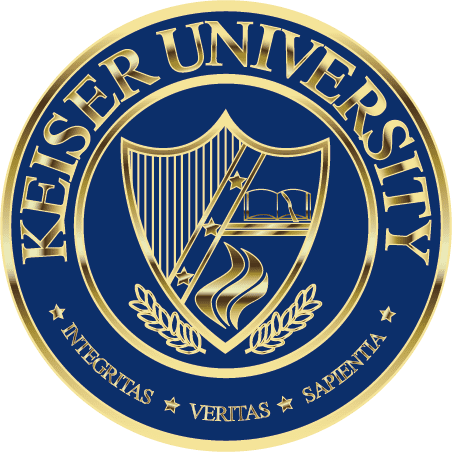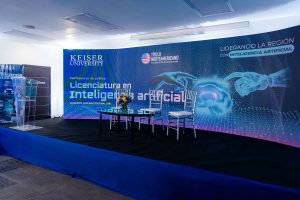Change is something that organizations have had to work through and will continue to need to address going forward. Gartner found that 85% of executives believed that change is forcing their organizations to remain more agile going forward. 48% of HR leaders have recognized that managing change is a top priority. Yet this same study found that 66% of organizational change efforts fail. This highlights the importance of organizational change despite its expected results. This is all happening while there is a skills shortage facing organizations in the U.S.
This is particularly important since there has been an evolving and changing psychology of today’s workforce, particularly after the Pandemic. More workers are craving meaning, purpose, happiness, and finding fulfillment in the workplace. It has been found that meaningful work contributes to a greater sense of purpose. Purpose is also growing with the aging segment of society as they live longer and continue to search for their purpose in the latter years of their lives.
Today’s workforce has different expectations than previous generations. They are looking for fairness, flexibility, and engaging work. Unfortunately, a lot of companies are not keeping up with the changing expectations. Another growing change after the Pandemic is that a larger segment of the workforce prefers hybrid or remote work. One other piece found in a global study the number one thing that workers were looking for in a future employer was appreciation – a thank you. Pay came out as number eight.
There still seems to be a disconnect between what the workforce is expecting and what they are experiencing. Today it has been found that 30% of the U.S. and 13% globally are engaged. Many are also experiencing stress in the workplace, and many blame their eaders. It has been found that leaders have a bigger impact on their worker’s health than their doctors. This is probably why a study found that 35% of workers would forgo a pay raise to see their boss fired. Wow.
So how is your organization and your leaders doing? Are you checking to see how engaged your workforce might be? How do they feel about your leaders? How do you know? In the growing era of AI are you creating a more human-friendly culture? We know rom neuroscience that our brains need leaders that create environments that are safe. That they communicate clearly and minimize misunderstanding.
Ensuring that your organization is being enabled by its leaders to create a Human Intelligent Workplace where the experience of the workforce is positive is going to be key. Where people feel psychologically safe, listened to, and they feel fulfilled. Addressing the changing psychology of today’s workforce will be paramount to gaining a competitive advantage when change and skills shortages will be in the backdrop.
Reach out to us at Human Intelligent Workplace to partner and help you on your journey to becoming a great work experience for everyone in your organization.
















